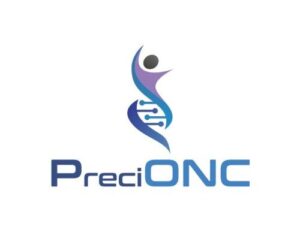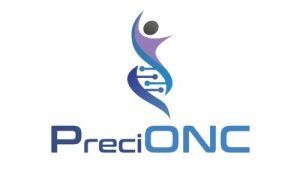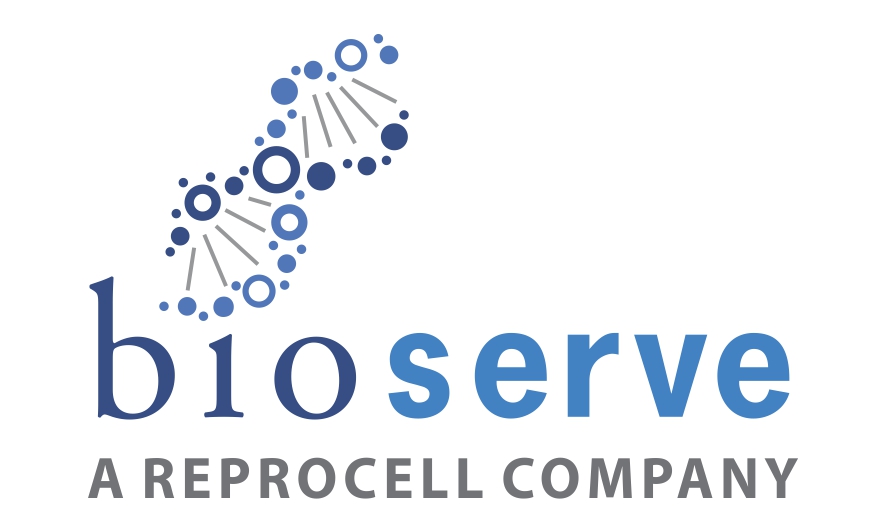What is genetic testing?
Genetic testing is the use of cutting edge technologies to look for certain mutations (changes or variants) in a person’s genes.
But what are genes and mutations?
Genes strands of DNA and contain the code (instructions) to make a certain protein. DNA is made up of chemical called nucleotides (A, T, G, and C). Thus, each gene is made up of a long chain of nucleotides, arranged in a highly specific order.
When one of the nucleotide ‘A or T or G or C’ is switched for another, or one or more nucleotides might be missing or extra, such changes in gene code are called as “mutations”.
These variants or mutations may lead to changes in proteins which can affect all of the cells with that variant, which might even affect the whole body. But not all changes/ mutations are harmful and may go unnoticed by the system.
How changes in genes are associated with cancer?
Genes are involved in a variety of functions. Some of these functions are important to keep cancer away. When mutations/changes occur in such genes the risk of cancer increases as the normal function of the gene gets disrupted. For example, genes that normally help cells grow, divide, or stay alive, genes that normally help keep cell division under control or cause cells to die at the right time (Tumour suppressor genes) or genes that normally help repair mistakes in a cell’s DNA (DNA repair genes).
Changes in genes don’t lead to cancer directly, but they might still make someone more likely to get cancer or impact their cancer risk.
But I am healthy, is there a chance I have a cancer related mutation?
Not all genetic mutations present their effects immediately. Onset of symptoms or cancer like conditions for mutation carriers may be different for different people. This is mainly due to the difference in lifestyle factors among people. Although rare, but there are chances that even though you may now appear healthy but are carrying a cancer related mutation within. This chance increases when you have a history of cancer in family (father/ mother or siblings or even extended family like aunt, uncles and cousins
For example: BRCA1 and BRCA2 gene mutations increase your risk of developing breast cancer, but your odds of having either mutation are pretty small (~one out of every 400 people). But if one of your parents has a BRCA mutation, you have a 50% chance of inheriting the mutated gene.
FIGURE for mutation transfer
What sample is used in genetic testing?
Testing is often done on a sample of the tumor (from a biopsy or surgery) for cancer patients. But for healthy individuals who want to assess their cancer risk, a sample of blood, or saliva may be used.
Is saliva as effective as blood?
Yes. Saliva and blood are both effective and reliable samples for identifying genetic mutations associated with inherited cancers. The choice between providing a saliva or a blood sample may depend on your preferences.


